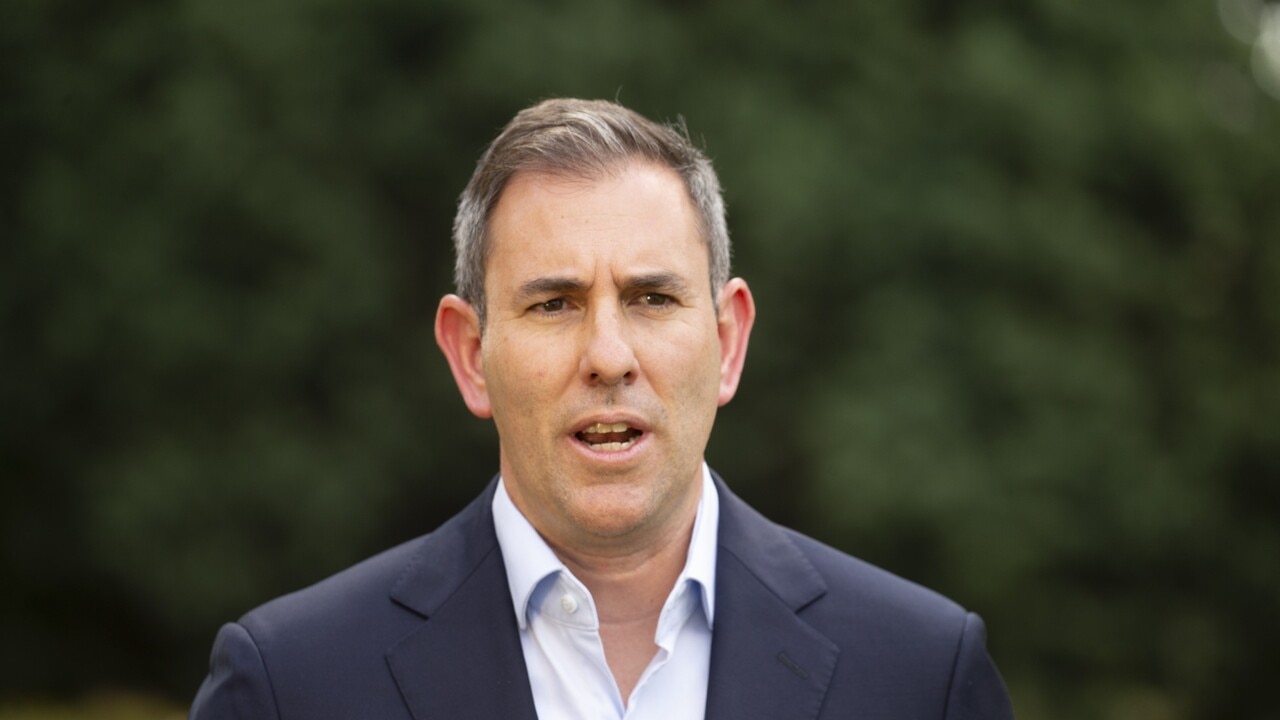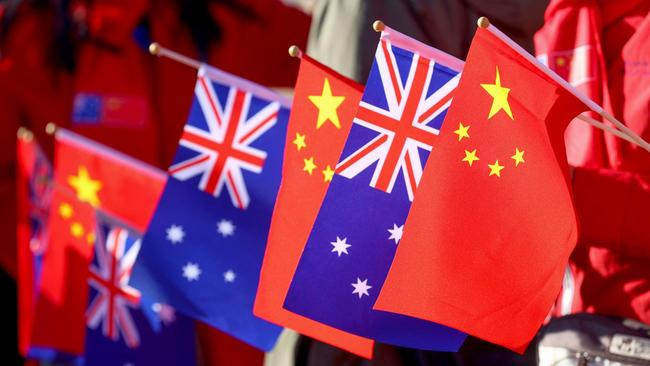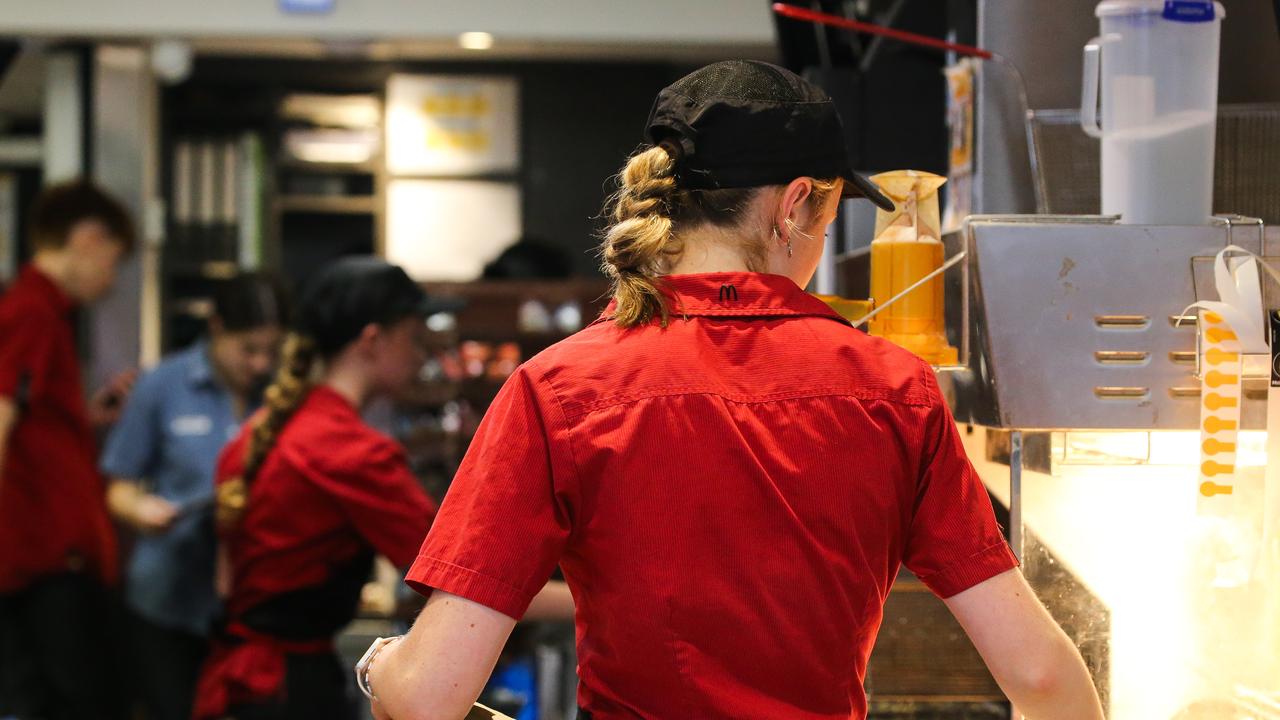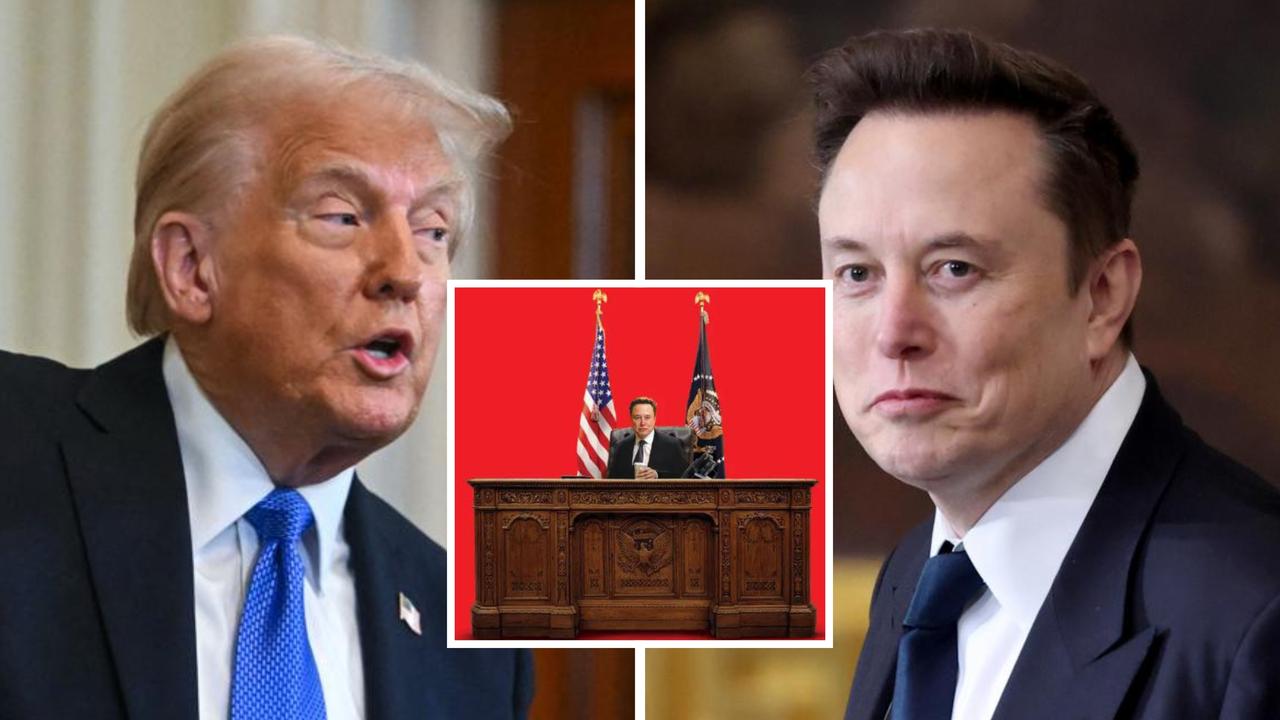Jim Chalmers heads to China for trade talks amid worries over missile test
A major move from China is overshadowing federal Treasurer Jim Chalmers’ visit to Australia’s biggest trade partner.

Leaders
Don't miss out on the headlines from Leaders. Followed categories will be added to My News.
Jim Chalmers is hailing his visit to Beijing as an “important step” towards “stabilising” economic ties with Australia’s biggest trade partner, but a major move from China is overshadowing the high level economic talks.
China confirmed it fired an intercontinental ballistic missile into the Pacific Ocean in a “routine” test on Wednesday.
The launch was the first such test in more than 40 years and came a day before Mr Chalmers was set to be the first Australian treasurer to visit China in seven years.
“These meetings are part of the Albanese Labor government’s methodical and co-ordinated efforts to re-establish dialogue with China, Australia’s largest trading partner,” Mr Chalmers said on Thursday.
“Our relationship with China is full of complexity and opportunity.
“We recognise a more stable economic relationship between Australia and China is a good thing for Australian workers, businesses, investors and our country more broadly.”
The Chinese military said the ICBM was carrying a “dummy warhead” and the launch was “not directed at any country”.
But ICBMs are primarily used as a nuclear weapons delivery system, which is why the test has sparked regional apprehension.
China has always maintained its nuclear arsenal, which is dwarfed by the US and Russia’s, is purely for deterrance.

A Department of Foreign Affairs and Trade spokesperson told NewsWire the government had “sought an explanation from China about the PLA’s test launch of an intercontinental ballistic missile over the Pacific”.
“Australia is concerned by any action that is destabilising and raises the risk of miscalculation in the region, and is consulting regional partners about this launch,” the spokesperson said.
“The launch comes in the context of China’s rapid military build-up, which is taking place without the transparency and reassurance that the region looks for from great powers.”
Mr Chalmers’ pursuit of greater economic stability between Australia and China appears at odds with both countries’ strategic policies towards each other.

During the Quad leaders summit last week, US President Joe Biden told Anthony Albanese and the prime ministers of India and Japan that China was “testing” them.
The bluntness was in stark contrast to how leaders of all Quad countries have tried to frame the four-way dialogue, often deflecting suggestions that it exists to counter China.
Australia has also been ramping up pressure on Beijing with multilateral defence and economic moves broadly seen as curbing China’s growing ambitions in the Indo-Pacific, including the AUKUS security pact with the US and the UK.
Going into his trip, Mr Chalmers said the government knew there was a balance to strike in the bilateral relationship with China.
“Our approach to China has been to co-operate where we can, disagree where we must and engage in Australia’s national interest,” he said.
“We recognise that there’s a lot at stake and a lot to gain from the relationship with China.
“We’ve got an opportunity to make sure both countries benefit from the continued complementarity of our economies while protecting Australia’s interests.”
Originally published as Jim Chalmers heads to China for trade talks amid worries over missile test


